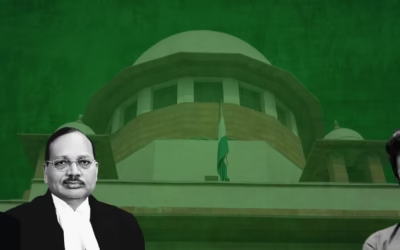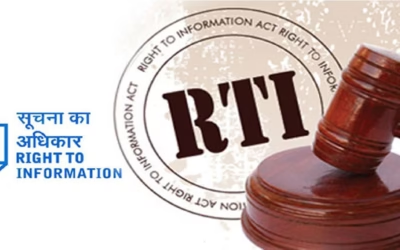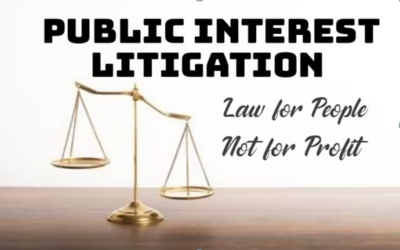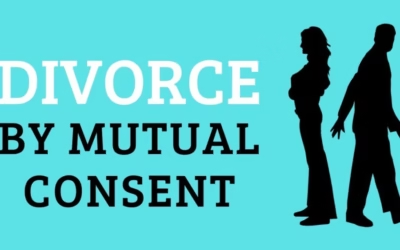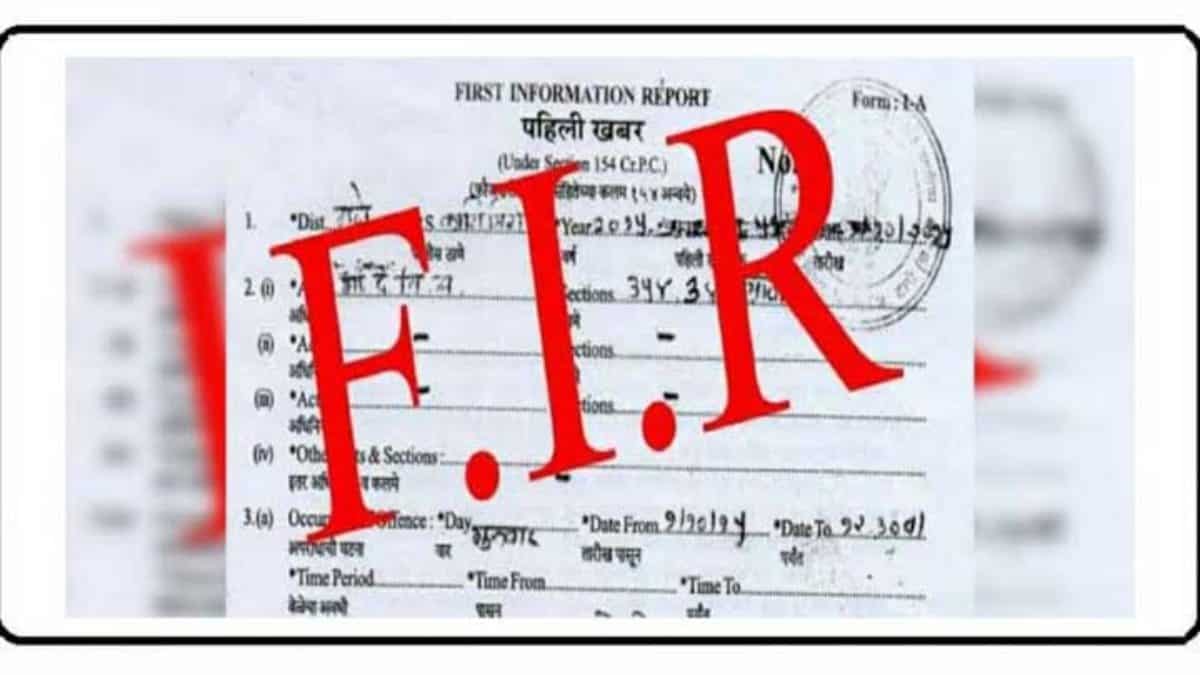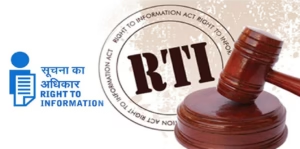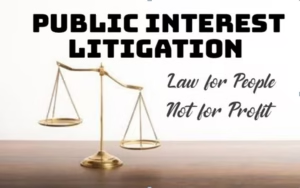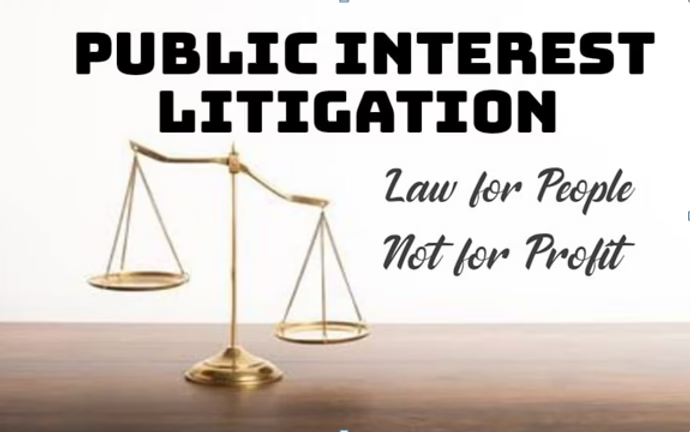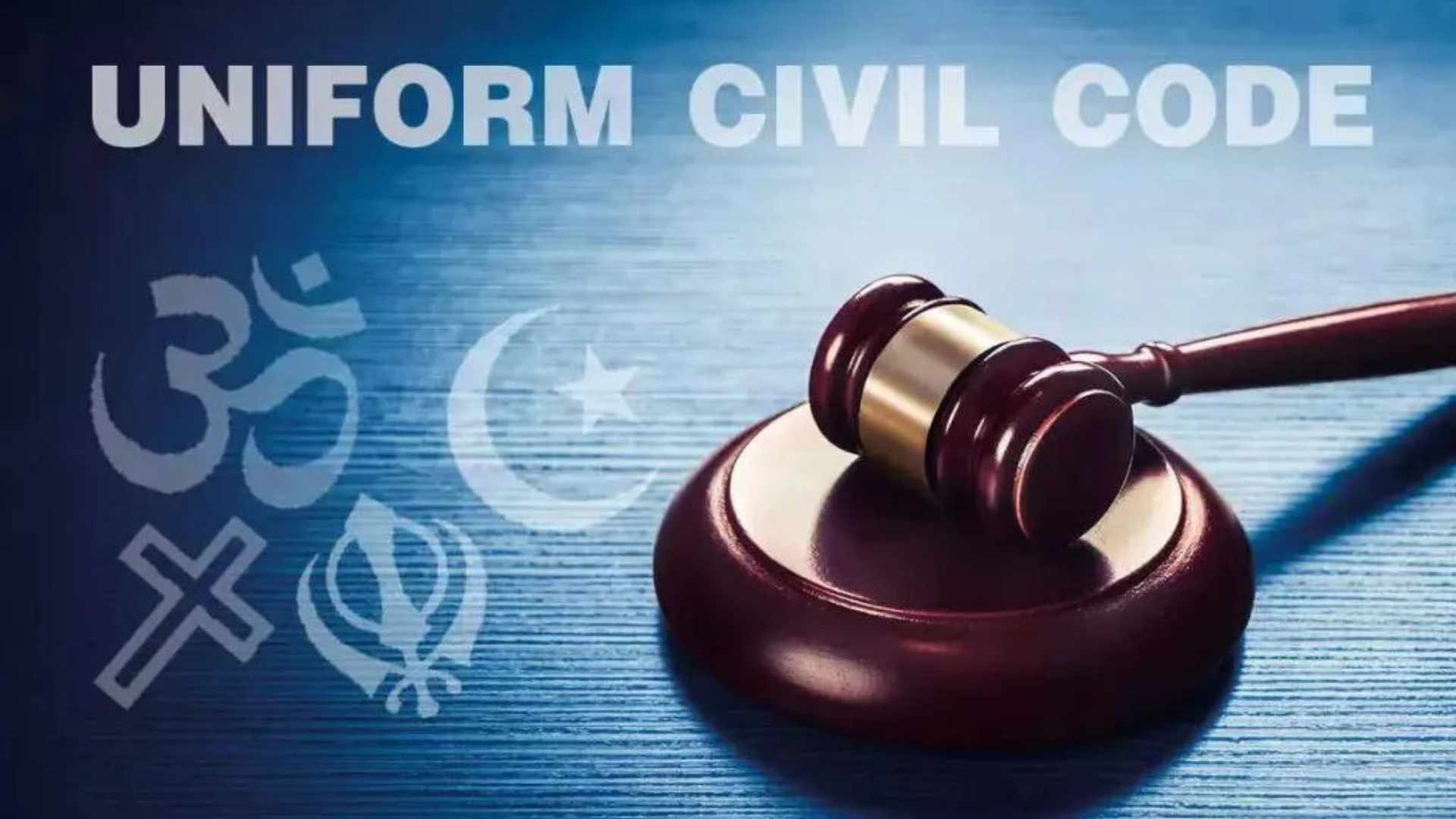
Know Your Legal Rights During Police Arrest in India: Filing Complaints, Handling Misconduct, and Protecting Yourself

When the police arrest you, it can be an overwhelming experience. However, it’s essential to understand your legal rights and how you can protect them. In India, the law guarantees specific rights to individuals during an arrest. Knowing your rights can make a significant difference in ensuring that you aren’t treated unfairly by law enforcement. Additionally, if you experience police misconduct or excessive force, there are legal avenues you can pursue. This guide explains your rights during a police arrest, how to file a police complaint online, and steps you can take if the police beat you.
Your Legal Rights During a Police Arrest
- Right to be Informed of the Reason for Arrest
Under Article 22 of the Indian Constitution, a person has the right to be informed of the reasons for their arrest. The police must clearly explain why they are arresting you at the time of arrest. - Right to Remain Silent
You have the right to remain silent during your arrest. Anything you say can be used against you in court. It is often advisable to stay quiet until you can consult a lawyer. - Right to Legal Counsel
You have the right to consult a lawyer of your choice during your arrest. If you cannot afford a lawyer, the state must provide one. A lawyer can help guide you through the legal process and protect your rights. - Right to be Produced Before a Magistrate
The police must present you before a magistrate within 24 hours of your arrest. If the police fail to do so, the arrest becomes unlawful, and you may seek legal action. - Right to be Treated with Dignity
The police are obligated to treat you with dignity and respect. Physical force, harassment, or any form of abuse during your arrest is unlawful.
What to Do If Police Beats You or Uses Excessive Force
In some unfortunate cases, police officers may use excessive force or even physically beat the individual during the arrest. This is a violation of your human rights and can lead to severe legal consequences for the police officers involved. Here’s what you should do if you are subjected to police brutality:
- Document the Incident
As soon as possible, document the injuries, take photographs, or record a video (if possible). This will serve as crucial evidence in your favor. - File a Complaint with Senior Authorities
You can file a formal complaint with the police department or the senior authorities about the excessive force used by the officers. You should include all the details, such as the time, place, and names of the officers (if possible). - Seek Medical Attention
If you have been injured, seek medical attention immediately. Medical records will serve as important evidence if you decide to pursue legal action. - File a Police Complaint Online
Many police departments offer online platforms where you can file complaints about police misconduct. Filing an online complaint ensures that there is an official record of your grievance. - Approach the Court
If your complaints are not addressed satisfactorily, you can take legal action against the police officers involved. You can file a case of police brutality under the Indian Penal Code (IPC) for causing harm or injury, or you can pursue a writ petition for violation of constitutional rights.
How to File a Police Complaint Online
Filing a complaint about police misconduct online is a convenient and efficient way to ensure that your grievance is documented. Here’s how you can file a police complaint online:
- Visit the Official Police Website
Most states and cities have an official police website where citizens can file complaints. Visit the relevant website and look for the “Online Complaint” section. - Provide All Relevant Information
Fill in your details, including the incident date, time, location, and the officers involved (if known). Be as detailed as possible to ensure your complaint is properly investigated. - Attach Supporting Documents
Attach any supporting documents, such as photographs, medical reports, or videos, that demonstrate the police misconduct. - Submit the Complaint
Once you’ve filled in the complaint form and attached the necessary documents, submit it through the online portal. You will typically receive an acknowledgment and complaint number for future reference.
LegalSathii.com Can Help You Navigate Police Misconduct Cases
Understanding your legal rights during an arrest and knowing what to do if the police use excessive force is crucial in protecting yourself. At LegalSathii.com, we offer expert legal advice and assistance in cases involving police misconduct.
Our Services Include:
- Guidance on your legal rights during arrest and detention.
- Legal assistance for filing complaints against police misconduct.
- Representation in court for police brutality or human rights violations.
- Consultation on how to protect your rights and seek justice.
👉 Book a 30-Minute Consultation Today!
If you’ve experienced police misconduct or need help understanding your rights during an arrest, visit LegalSathii.com. Our team of experienced lawyers is here to assist you.
FAQ: Your Rights During Police Arrest
Q: Can the police arrest me without telling me why?
A: No, the police must inform you of the reasons for your arrest. If they fail to do so, it may be considered an unlawful arrest.
Q: What if the police use excessive force during an arrest?
A: You can file a police complaint against the officers involved. You may also pursue legal action for police brutality under the Indian Penal Code (IPC).
Q: How can I file a police complaint online?
A: Visit your state or city’s official police website and use the online portal to file a complaint. Include all relevant details and supporting evidence.
Q: What should I do if the police beat me?
A: Seek medical attention, document the injuries, file a complaint with senior authorities, and consider taking legal action.
Protect Your Rights with LegalSathii.com
Police misconduct is a serious violation of your rights. At LegalSathii.com, we guide you through the process of protecting your legal rights and holding police officers accountable.
👉 Schedule Your Appointment Now at



